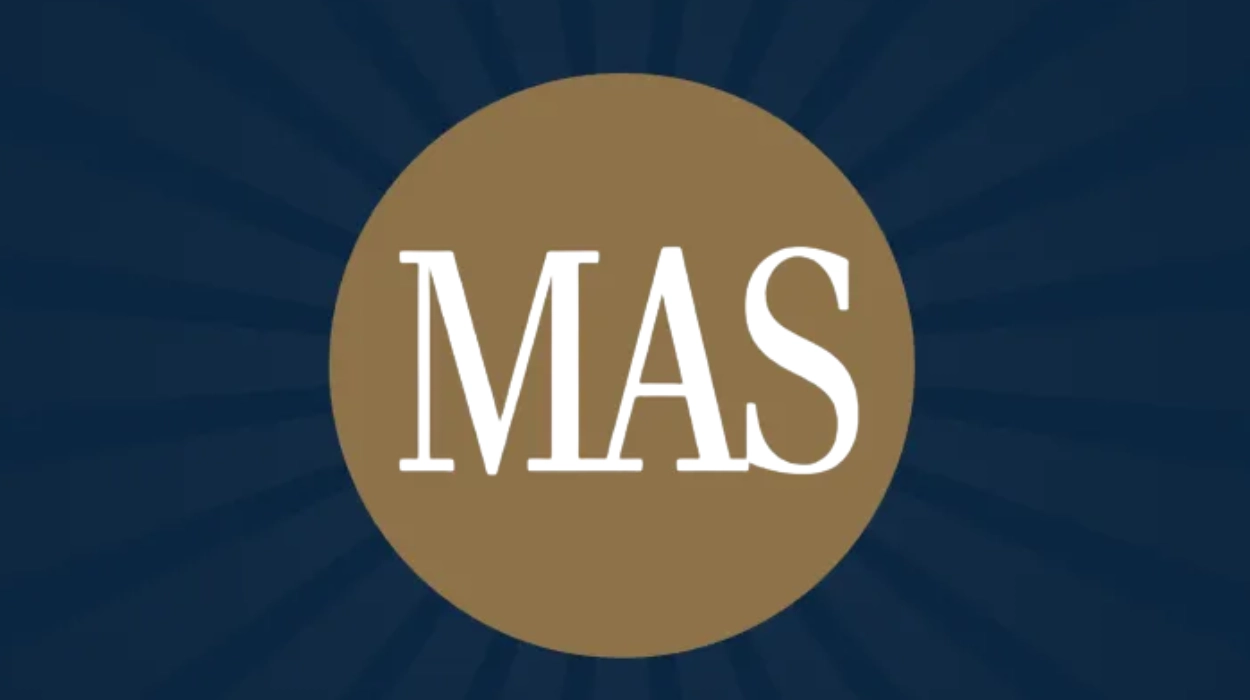The Trump administration recently announced that it had ended at least 5,341 foreign aid schemes, including an estimated 211 awards to various UN agencies for carrying out development and humanitarian programs around the world, as part of its declared intention to disband the U.S. Agency for International Development (USAID) and limit U.S. foreign assistance. They may be accompanied by some U.S. leverage.
There is little question that U.S. leadership in these areas is linked to U.S. influence globally—in public opinion, regional wars, and geopolitical competition—even if humanitarian and development aid has historically been allocated by experts based on need and intended impact. The second and third order political effects of this significant reversal should thus be taken into account by policymakers.
Diminished U.S. influence on the multilateral system globally
There are geopolitical ramifications for the United States’ worldwide dominance in the multilateral system, in addition to the human effects. The United States will be less able to continue its leadership of UN agencies, influence the UN system, and employ the UN’s instruments, particularly when it comes to promoting peace if it withdraws its support. These budget cuts will have a detrimental impact on how the United States is seen globally in general.
There is an unbridgeable gap between UN financing and global demand since regular UN donors like the UK, Germany, and others are also reducing their contributions because of tight budgets. The People’s Republic of China (PRC) and other geopolitical rivals will not and need not enter this market, so don’t expect them to. Without an American counterbalance, they will instead be able to continue to lead with underfunded schemes like the Global Civilization Initiative and the Belt and Road projects, which frequently leave nations indebted.
Reduced influence in negotiations and reforms
Financial donations have been used by several U.S. administrations to push for reform at the UN. Money has been effectively employed as a reward and a punishment: During the Trump and Biden administrations, USAID financing sparked additional mandates to swiftly report to the US credible claims of sexual exploitation and abuse, fraud, and corruption in the UN system. Threats of pullouts and nonpayment were used by the first Trump administration to pressure for reform, occasionally with success. Although financial leverage is necessary, policymakers have to think about using this instrument once more to compel transformation.
Undermining U.S. dominance in the wider UN framework
By putting Americans in charge of important UN institutions and pushing for accountability and change on the executive boards of all agencies, the US has long had a big impact on the UN system. Americans now run UNICEF and WFP, two organizations praised as “transparent” by Congresswoman and former UN Ambassador Elise Stefanick during her confirmation hearing. The leaders of these organizations are eventually chosen by the UN itself and have held positions in many political regimes.
Being the largest contributor allows the United States to influence agency goals, national programs, and advance American interests at the UN leadership level, even if U.S. financing is not directly linked to these positions. The United States’ leadership of these international organizations may face problems as a result of USAID budget cuts. Cuts may also make it more challenging to match the objectives of the Trump administration with the priorities of the UN system.








